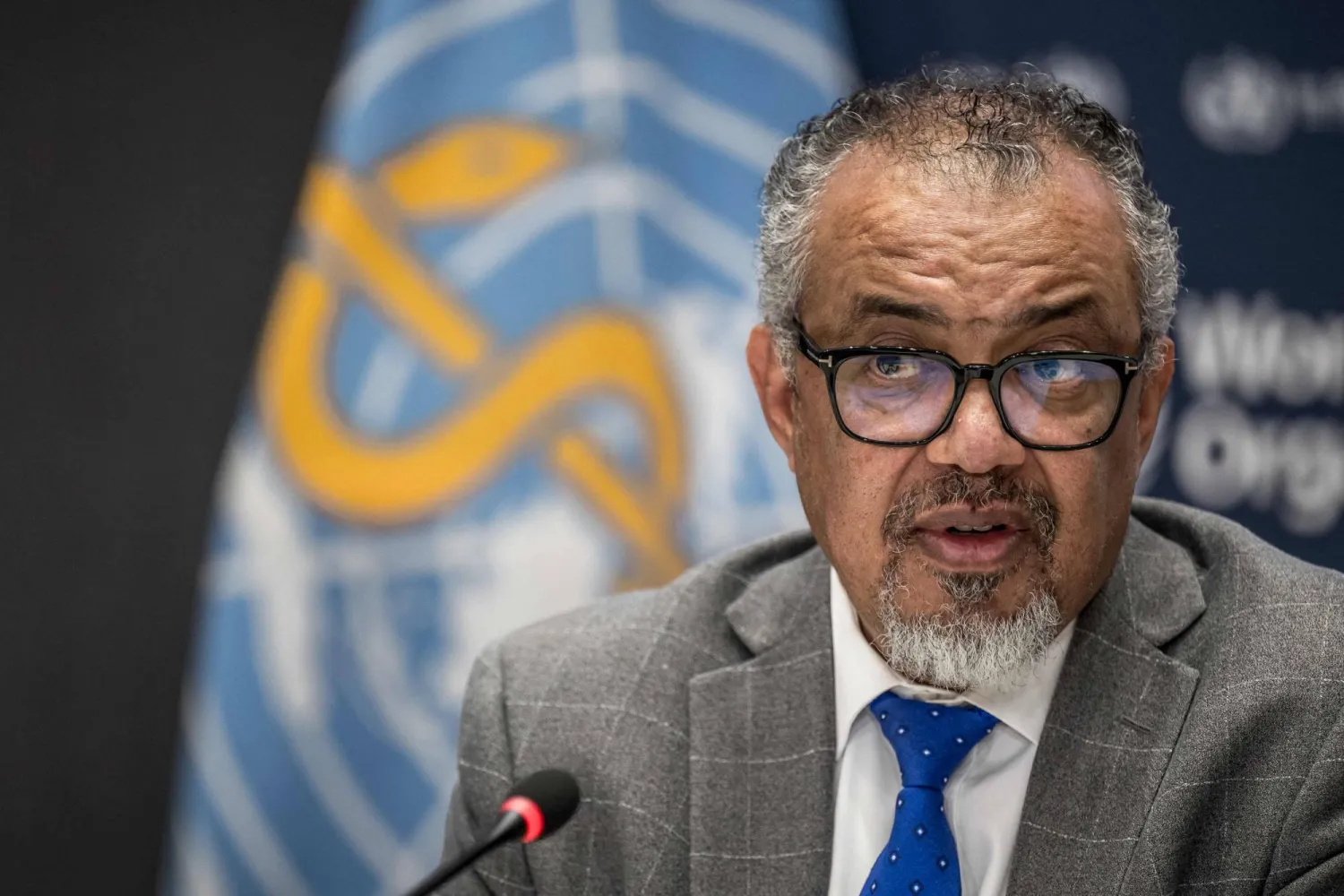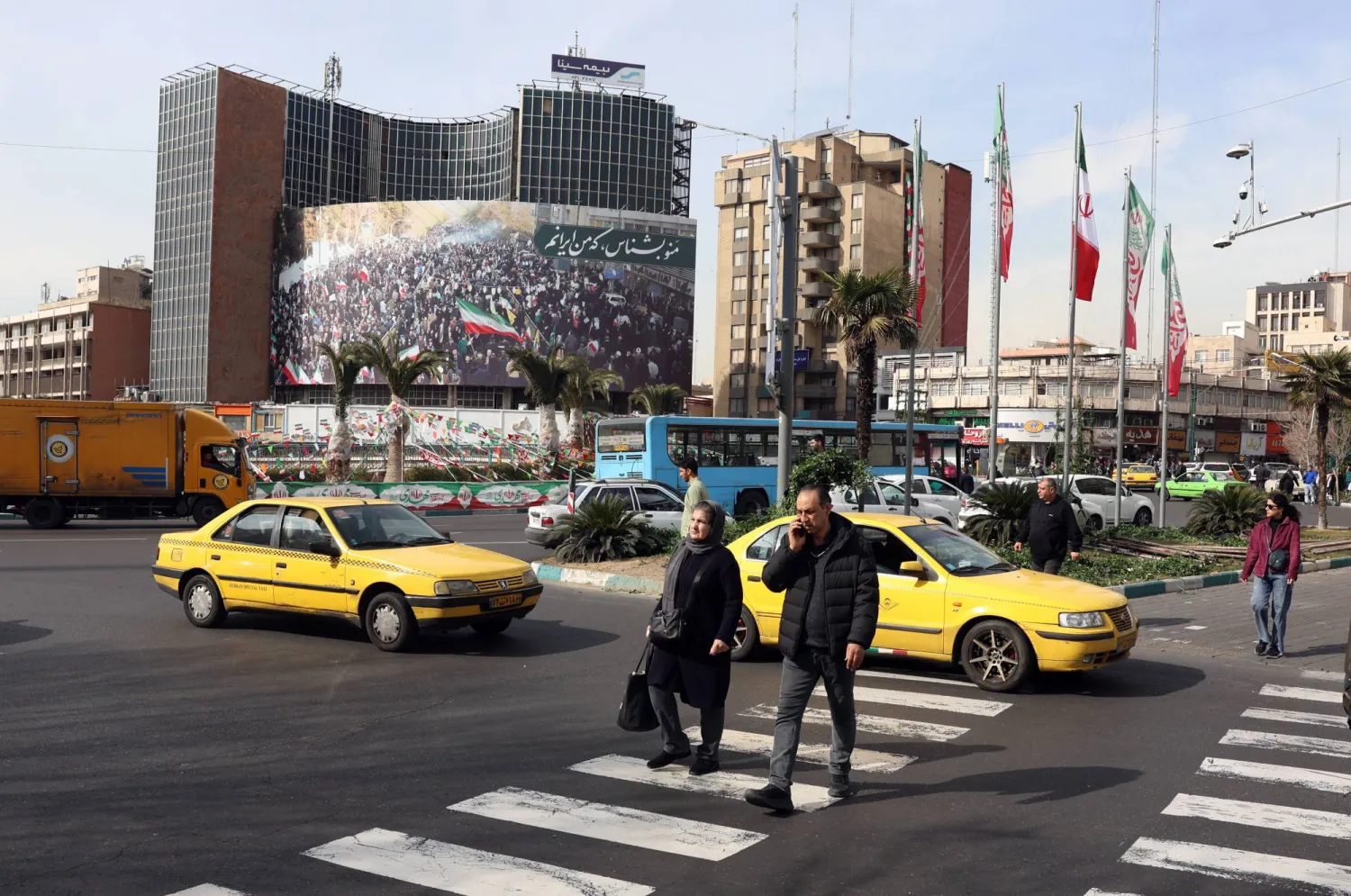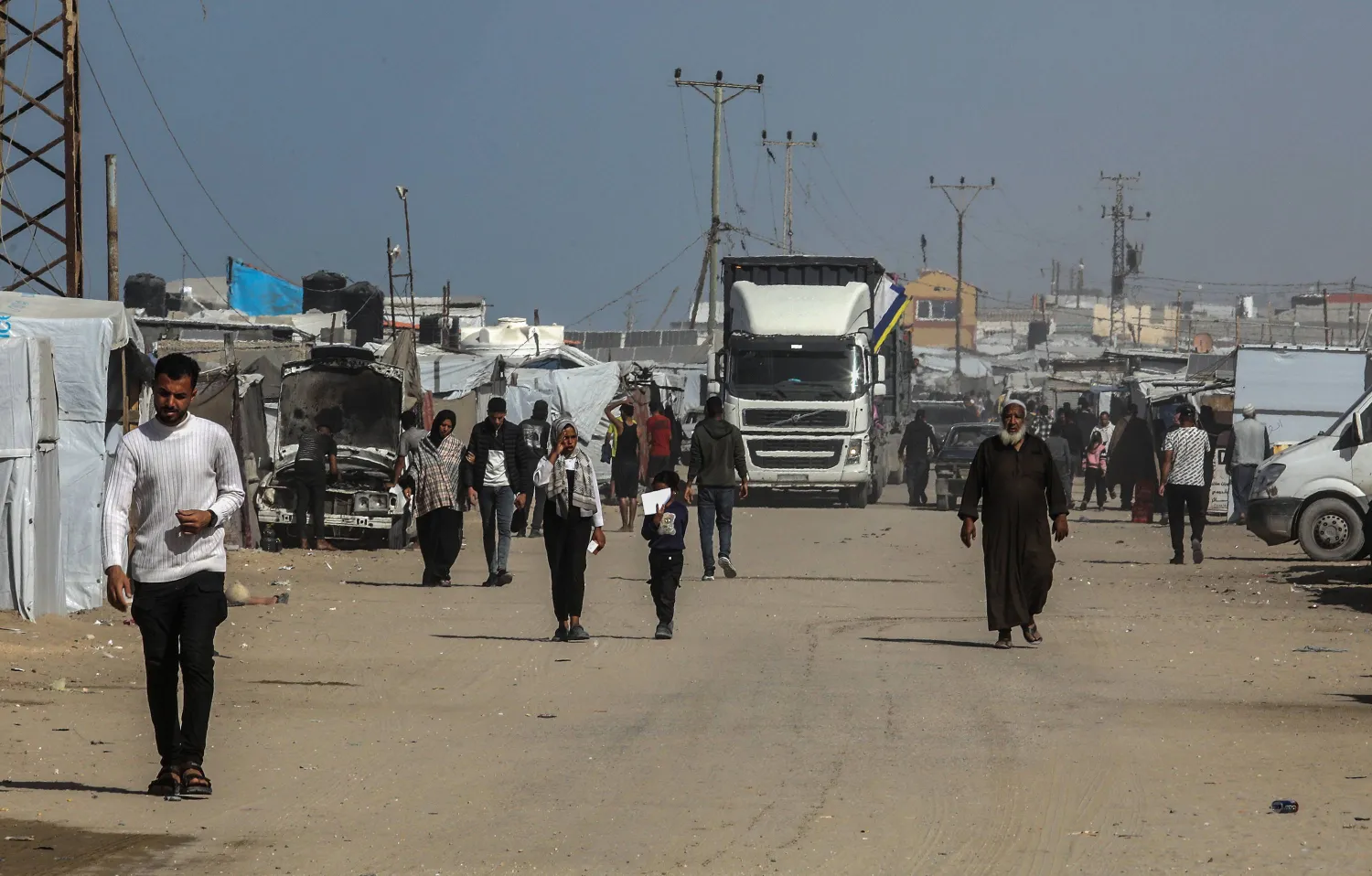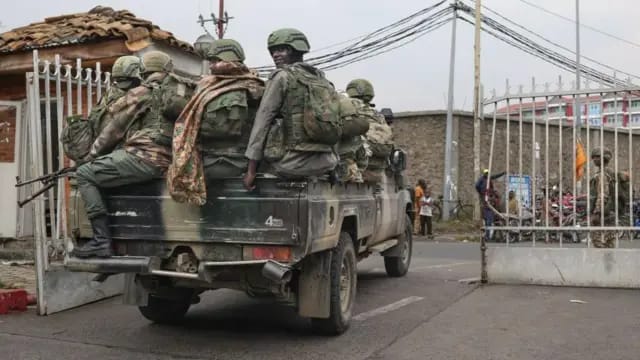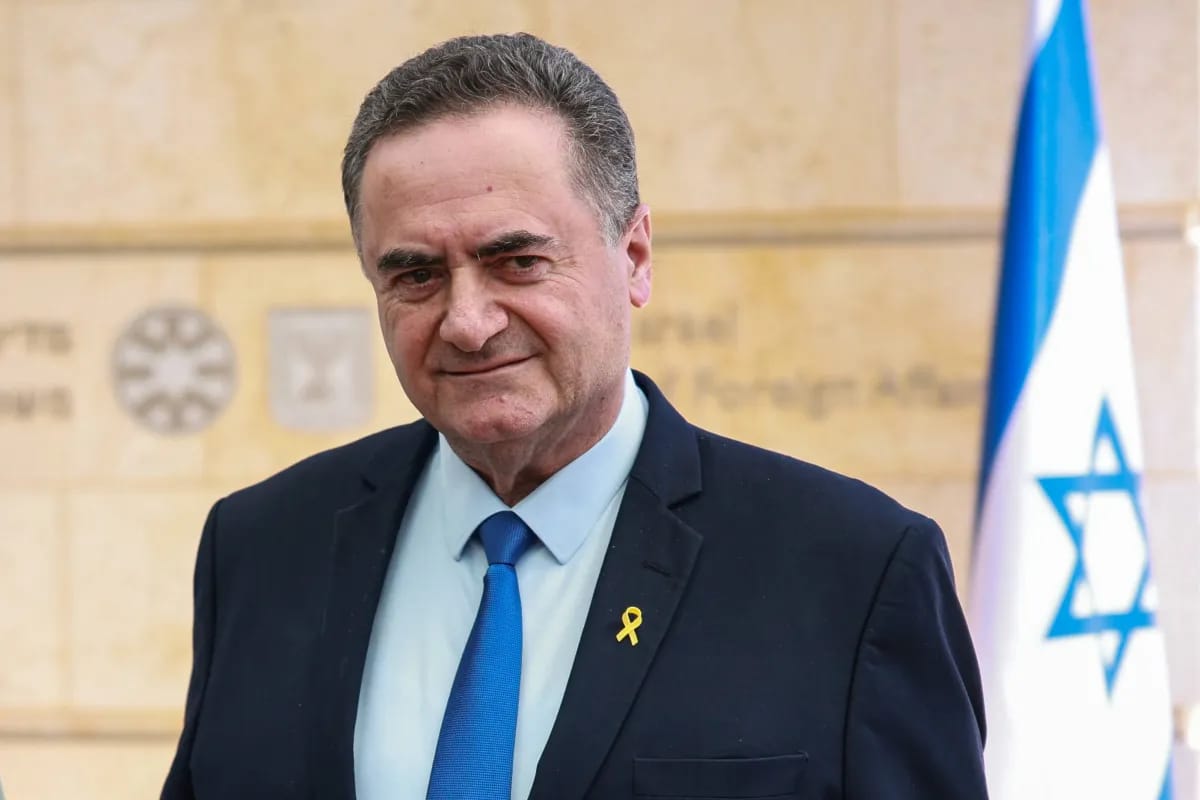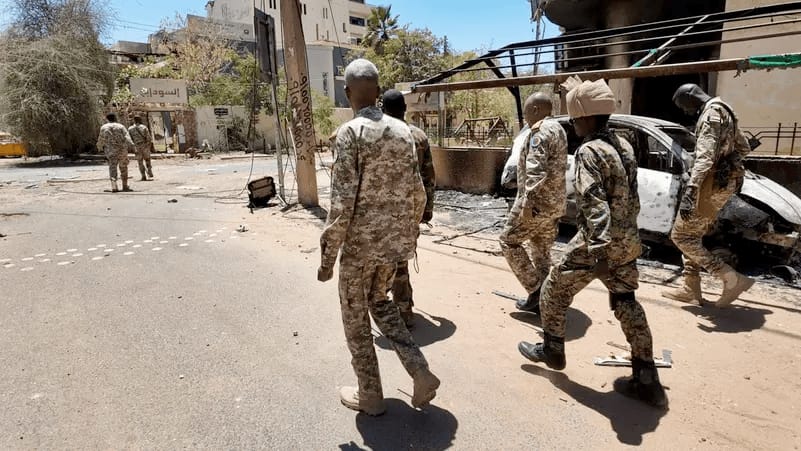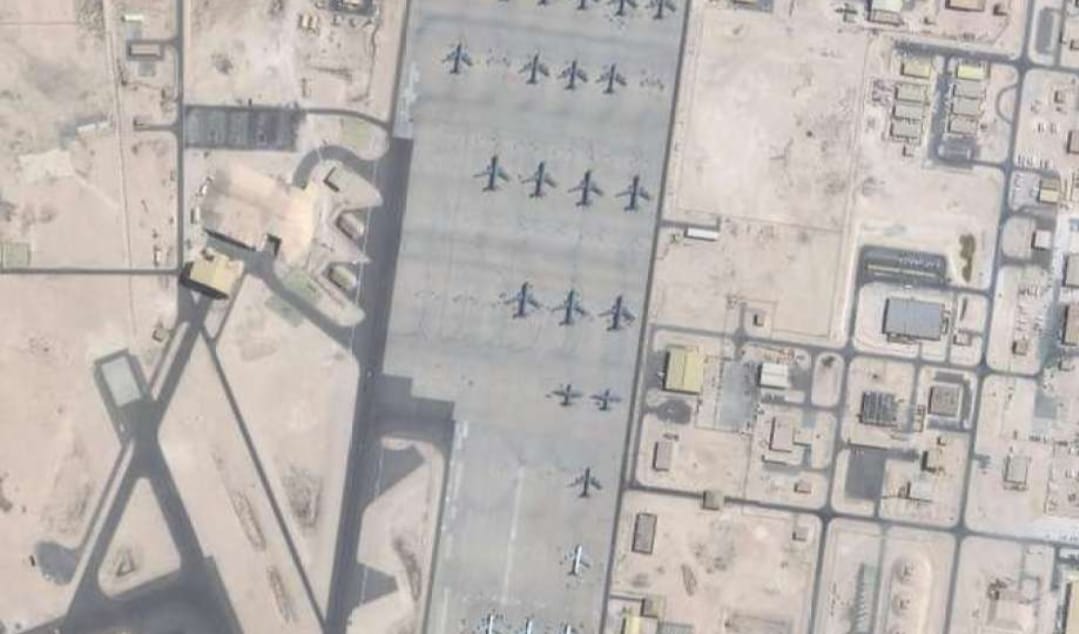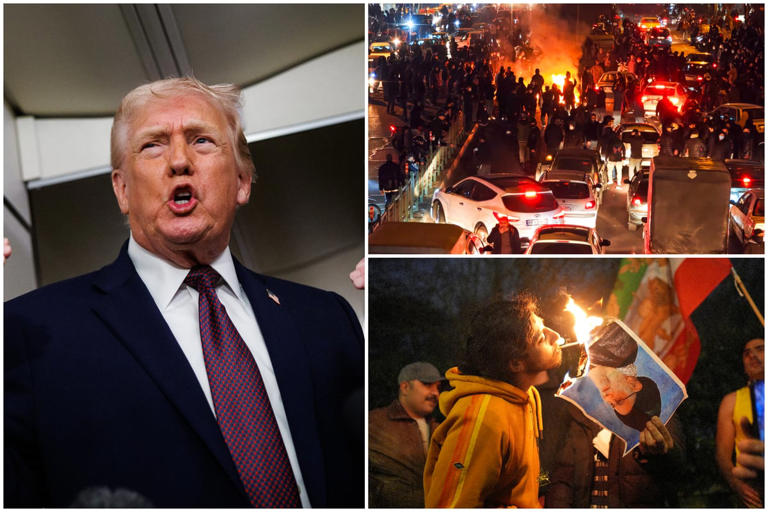Alsharq Tribune-Ahmed Essam
The security situation remains volatile along several frontlines in eastern Democratic Republic of the Congo (DRC), a day after the government and the March 23 Movement (M23) signed a deal in Doha, the capital of Qatar, to establish a ceasefire monitoring and verification mechanism.
According to the agreement, the new mechanism will oversee the implementation of the permanent ceasefire, investigate and verify reported violations, and facilitate communication between the parties to prevent renewed fighting.
The signing, which came one month after the creation of a mechanism for prisoner exchange and release, marks an important step in implementing the declaration of principles signed last July in Doha between the DRC and M23, the government said.
In a statement issued Tuesday, the DRC government hailed the move as "a major step" toward consolidating the peace process, reaffirming its commitment to ending hostilities, ensuring civilian safety and laying the groundwork for a comprehensive and lasting peace agreement with the support of the international community.
"This is a significant step forward," M23 Spokesperson Lawrence Kanyuka posted on his X account following the signing.
Despite the agreement, clashes continue between the DRC Armed Forces (FARDC) and M23 rebels in several areas of North Kivu and South Kivu provinces.
On Tuesday, the FARDC accused the M23 of killing 39 civilians between Oct. 6 and Oct. 12 in Rutshuru territory of North Kivu. In a statement signed by Dieudonne Kasereka, communication officer for the 34th military region, the FARDC said the victims were "shot dead in their homes" or "tied up before being executed."
The following day, the M23 accused the DRC government of launching airstrikes on densely populated areas in both provinces, including a gold mining site in South Kivu. In a statement, the group denounced the attacks as "another sabotage of the peace process" and reiterated its "unwavering commitment to defend and protect the civilian population under its control by all means."
Congolese authorities have accused the rebels of illegally exploiting mining sites in the region to finance their operations, particularly since taking control of Bukavu and Goma, the capitals of South Kivu and North Kivu provinces.
Addressing the United Nations (UN) Security Council on Monday, Xia Huang, the special envoy of the UN secretary-general for the Great Lakes region of Africa, said there is now "real hope" for a ceasefire that could pave the way for a lasting and definitive settlement of the conflict in eastern DRC.
However, he warned that "while these African and international peace efforts are commendable and promising, the agreed ceasefire is not yet being respected."
Since the beginning of the year, more than 1.6 million people have been newly displaced in the DRC, with over 68 percent of these displacements linked to ongoing fighting, according to the UN Office for the Coordination of Humanitarian Affairs.

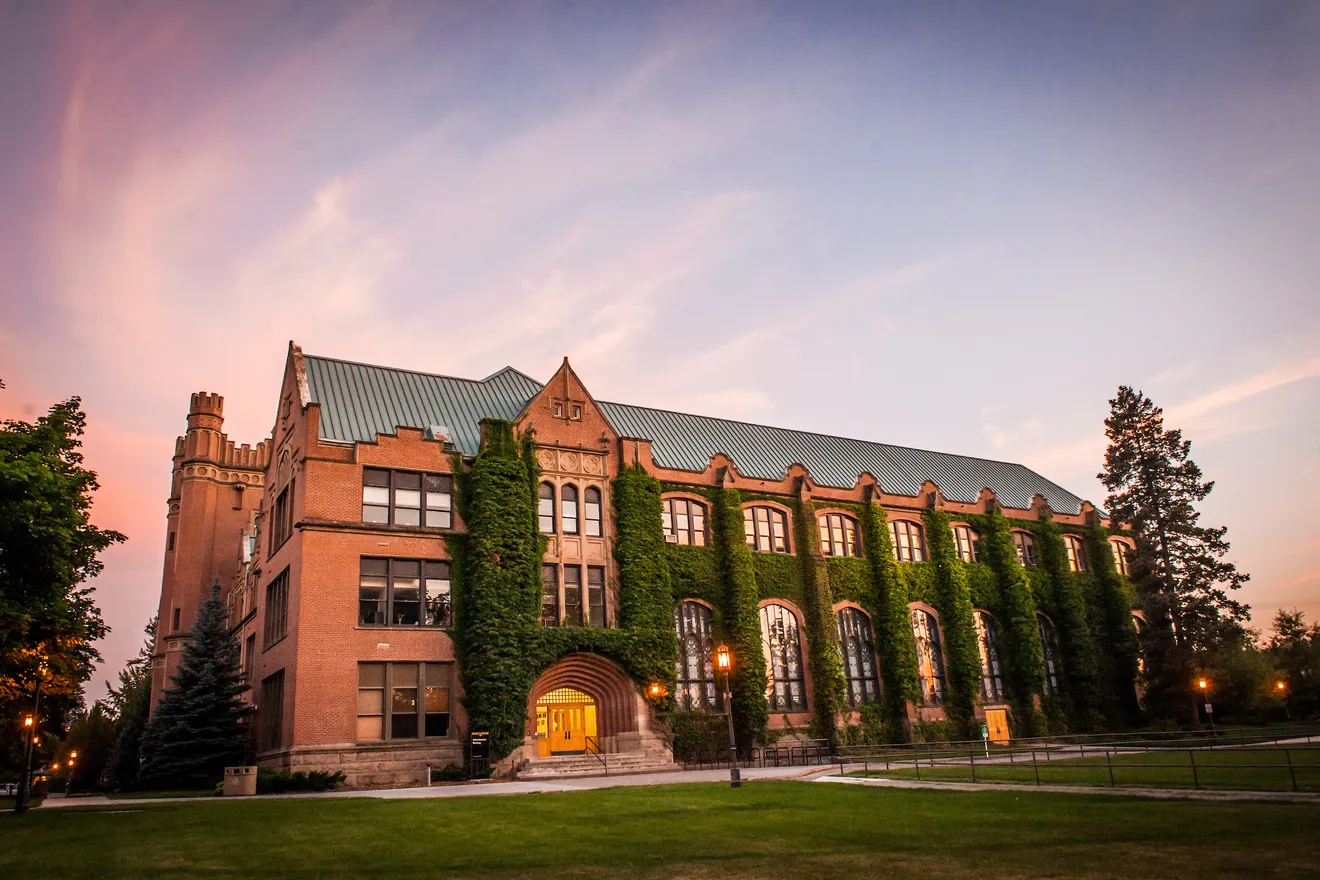


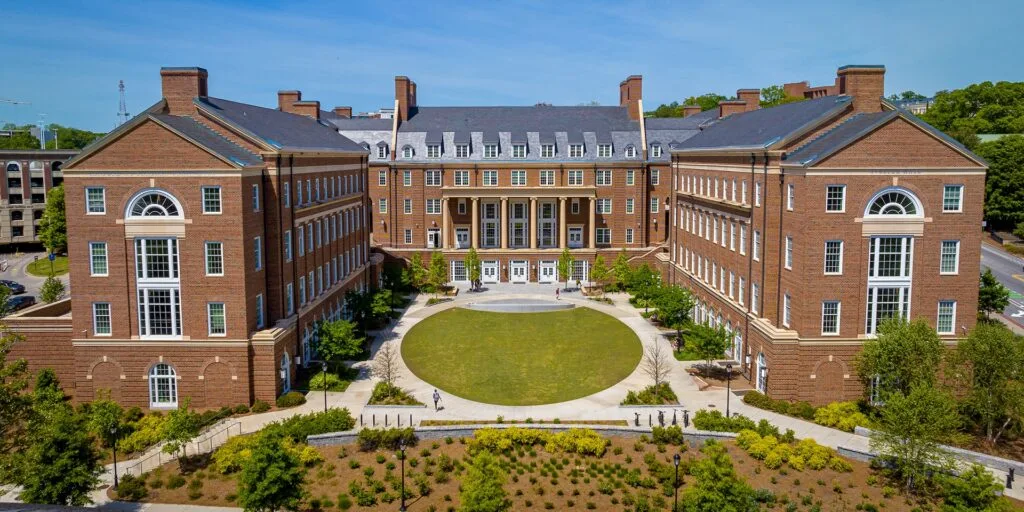



.png?locale=en)
